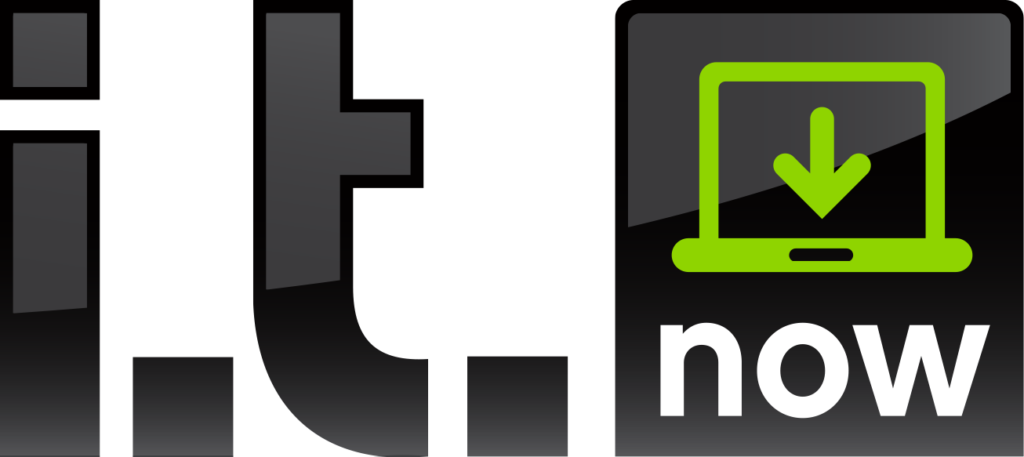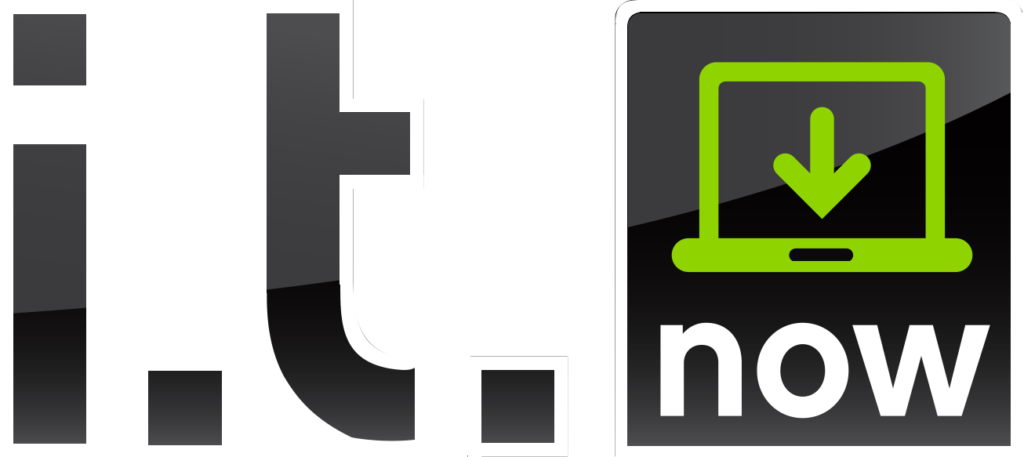The Internet of Things
What is IOT?
The Internet of Things or IoT has become a buzzword when talking tech, and it has already made an impact on how businesses work and we live our lives. The one thing that experts seem to agree about completely, is that IoT is here to stay and will significantly impact our lives. However, many detractors have concerns about security and privacy that go along with such an interconnected future.
The principle behind IoT is really fairly simple. Tech Target defines IoT as, “a system of interrelated computing devices, mechanical and digital machines, objects, animals or people that are provided with unique identifiers and the ability to transfer data over a network without requiring human-to-human or human-to-computer interaction.”
IoT is basically the convergence of wireless technologies, micro-electromechanical systems, microservices and the internet. The idea is that the whole world becomes connected, and really human imagination is the limit of what can be done.
Some practical examples of IoT include wearable technologies such as Fitbit and the Apple Watch. These “things” are wirelessly connected to the world and have built-in sensors that report data. They have applications that can be accessed through the internet and allow the user to see actionable data, and even send reminders that prompt to action.
Potential
The potential applications are limitless. There are “smart” coffee makers now that are can brew your perfect cup of joe each morning at 6 AM without any human interaction. There are farmers that use “precision farming” techniques where a series of sensors are used to test sunlight levels, moisture in the soil, and more to ensure that the crops have exactly what they need for optimum growth. There are smart heart monitors that can reliably report data of how a person’s heart is functioning back to their cardiologist, with backend applications that use advanced algorithms to predict potential problems.
What this means for business owners is that there is a world of potential out there for them. Technology leaders should keep up to speed on IoT and look for potential ways it could benefit their specific businesses. One of the huge areas for potential success is business leveraging sensors on their products that report back data that will allow them to see how their product is used, when it breaks, and even what users might want in the future.
Uses and Benefits
Marketers and entrepreneurs love data, and with IoT devices, they will have a greater access to consumer data than ever before. Many devices will be able to track user behavior or at least a series of data points surrounding their behavior. This data can be mined by savvy business owners to identify needs for new products and opportunities in the marketplace.
There are also some huge efficiency gains that IoT can give businesses specific to inventory tracking and management. If your business relies on warehousing products in one form or another remote scanners and high-tech devices can help you keep track of inventory, and even reorder supplies when they get low. The idea of an efficient “smart warehouse” represents huge potential cost savings to business owners.
Security Concerns
With all of the potential benefits of such a connected world, there are certainly some things that concern us about it. Security is at the forefront of these concerns. The fundamental weakness of the IoT is that it increases the number of devices behind your network’s firewall. Ten years ago we really only had to worry about connecting our computers. Now we have to worry about smartphones, tablets, watches, and many other IoT devices. There has to be a way to secure and manage all of these devices.
Another large part of these security concerns is prompted by the fact that everything would have to be updated. Hackers are constantly trying to find a way into a network. Outdated computers or other devices are one of the most common ways they get in. Even if they do support updates on a device for some time, they likely won’t do it forever. No updates equal higher security risk.
Privacy is also a concern. So many of these connected devices have sensors that are collecting data. Much of the data that is collected is personal. Where does all of that data go, and who has access to it? Is it possible that Fitbit will track your personal health data, and then sell that to insurance companies in the future? Could other personal data collected by your smart home be sold to marketers around the world?
While IoT offers a huge world of potential gains and efficiency for businesses they need to be intelligent about how IoT devices are implemented as part of a business IT strategy. In addition, technology leadership should have plans in place to secure and update those devices. If done correctly the potential of IoT is limitless.


